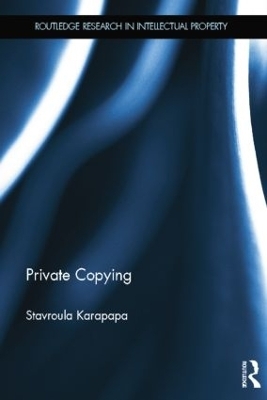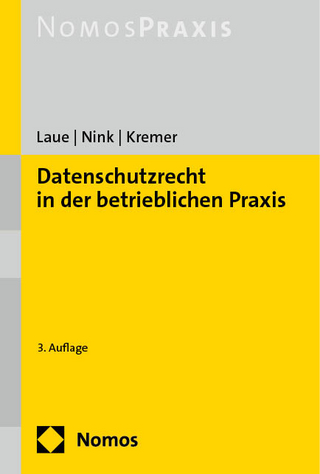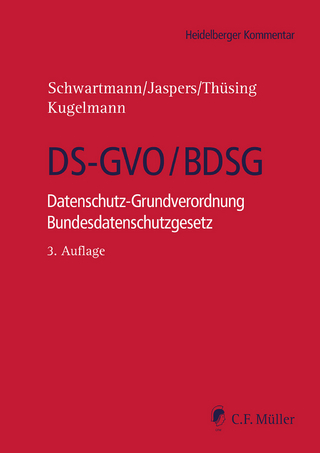
Private Copying
Seiten
2014
Routledge (Verlag)
978-1-138-01683-5 (ISBN)
Routledge (Verlag)
978-1-138-01683-5 (ISBN)
This book offers an original analysis of private copying and determines its actual scope as an area of end-user freedom. The basis of this examination is Article 5(2)(b) of the Copyright Directive. Despite the fact that copying for private and non-commercial use is permitted by virtue of this article and the national laws that implemented it, there is no mandate that this privilege should not be technologically or contractually restricted. Because the legal nature of private copying is not settled, users may consider that they have a ‘right’ to private copying, whereas rightholders are in position to prohibit the exercise of this ‘right’. With digital technology and the internet, this tension has become prominent: the conceptual contours of permissible private copying, namely the private and non-commercial character of the use, do not translate well, and tend to be less clear in the digital context.
With the permissible limits of private copying being contested and without clarity as to the legal nature of the private coping limitation, the scope of user freedom is being challenged. Private use, however, has always remained free in copyright law. Not only is it synonymous with user autonomy via the exhaustion doctrine, but it also finds protection under privacy considerations which come into play at the stage of copyright enforcement. The author of this book argues that the rationale for a private copying limitation remains unaltered in the digital world and maintains there is nothing to prevent national judges from interpreting the legal nature of private copying as a ‘sacred’ privilege that can be enforced against possible restrictions.
Private Copying will be of particular interest to academics, students and practitioners of intellectual property law.
With the permissible limits of private copying being contested and without clarity as to the legal nature of the private coping limitation, the scope of user freedom is being challenged. Private use, however, has always remained free in copyright law. Not only is it synonymous with user autonomy via the exhaustion doctrine, but it also finds protection under privacy considerations which come into play at the stage of copyright enforcement. The author of this book argues that the rationale for a private copying limitation remains unaltered in the digital world and maintains there is nothing to prevent national judges from interpreting the legal nature of private copying as a ‘sacred’ privilege that can be enforced against possible restrictions.
Private Copying will be of particular interest to academics, students and practitioners of intellectual property law.
Stavroula Karapapa (LLB, LLM, PhD) is lecturer in intellectual property law at Brunel University and practicing Barrister at the Athens Bar, specialising in Intellectual Property and Internet law. Her chief research interests focus on the intersection of law and technology.
1. Legal Nature and Rationale 2. The Permitted Activities 3. Defining 'Private' 4. Defining 'Non-Commercial' 5.Fitting private copying into the three-step test 6. Levies on Private Copying 7. Technological Restrictions on Private Copying 8. Contractual Constraints on Private Copying 9. Conclusion
| Erscheint lt. Verlag | 14.3.2014 |
|---|---|
| Reihe/Serie | Routledge Research in Intellectual Property |
| Verlagsort | London |
| Sprache | englisch |
| Maße | 156 x 234 mm |
| Gewicht | 453 g |
| Themenwelt | Recht / Steuern ► Allgemeines / Lexika |
| Recht / Steuern ► EU / Internationales Recht | |
| Recht / Steuern ► Privatrecht / Bürgerliches Recht ► IT-Recht | |
| Recht / Steuern ► Wirtschaftsrecht ► Urheberrecht | |
| ISBN-10 | 1-138-01683-7 / 1138016837 |
| ISBN-13 | 978-1-138-01683-5 / 9781138016835 |
| Zustand | Neuware |
| Haben Sie eine Frage zum Produkt? |
Mehr entdecken
aus dem Bereich
aus dem Bereich
Telekommunikations- und Multimediarecht
Buch | Softcover (2024)
dtv Verlagsgesellschaft
27,90 €
Datenschutz-Grundverordnung Bundesdatenschutzgesetz
Buch | Hardcover (2024)
C.F. Müller (Verlag)
200,00 €


